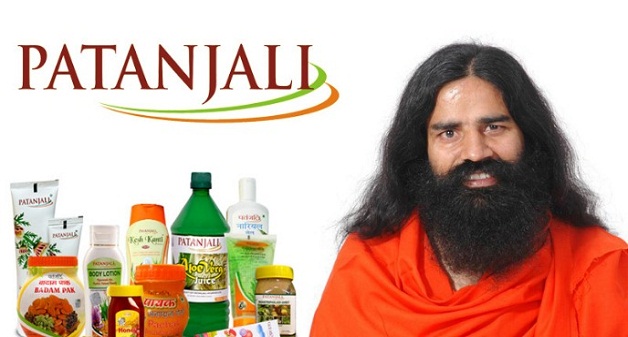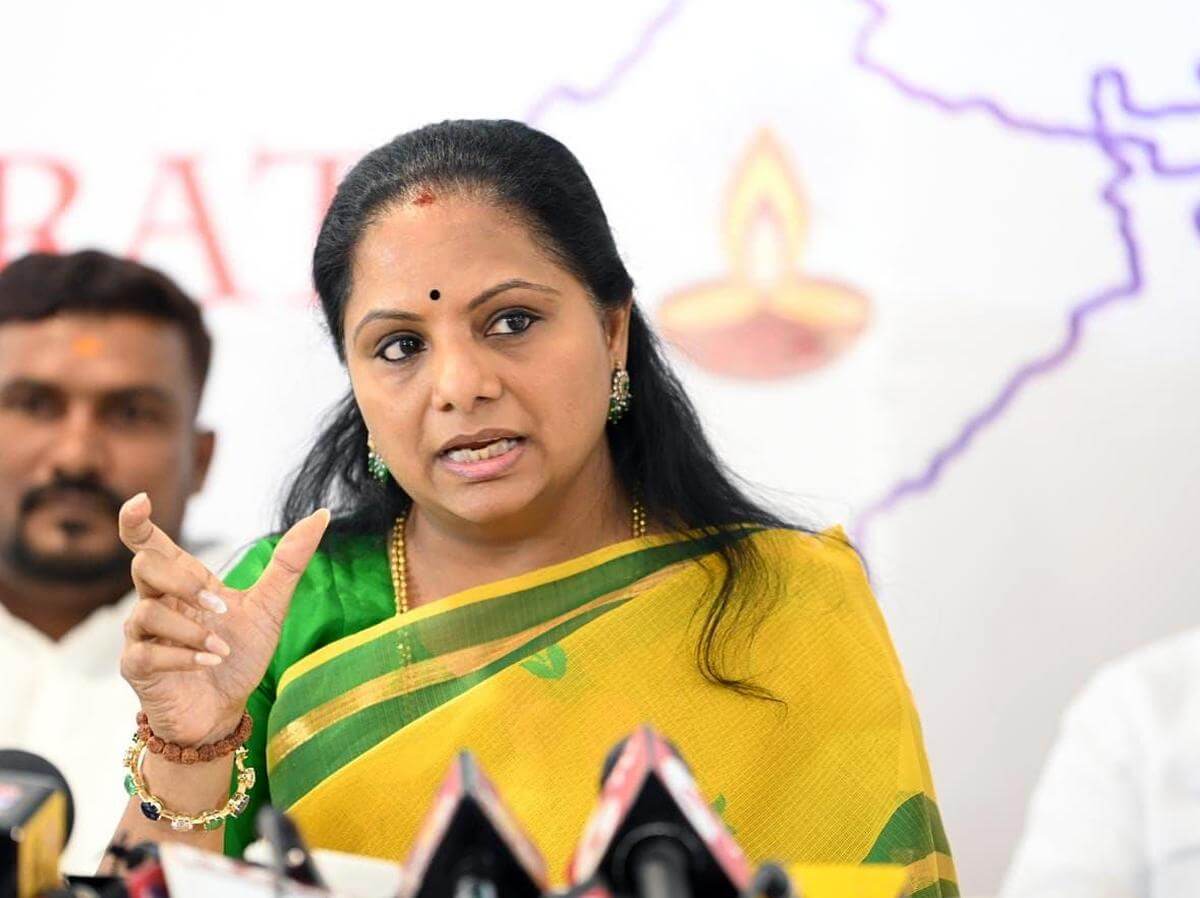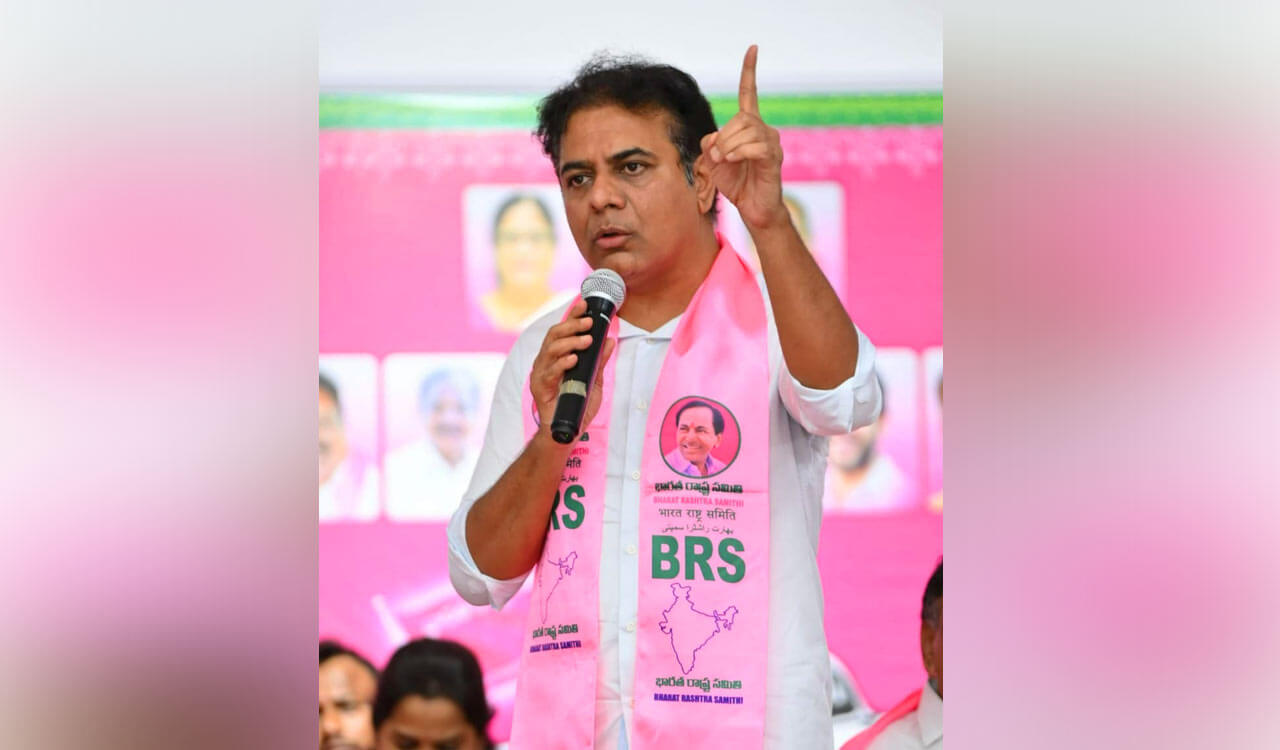How Patanjali Ads Have Been Misleading Us All Along
Wed 22 Feb 2017, 15:47:40

Baba Ramdev’s Patanjali Ayurved brand may be the fastest growing FMCG (fast-moving consumer goods) in India, but it’s dealings over the past few years have come in for close scrutiny because of various violations of food safety regulations and advertising codes.
Why You Should Be Wary Of Patanjali Products
While natural or herbal products and Ayurvedic medications hold tremendous potential and can help improve the quality of life and health care, the vast potential for profit has also attracted a number of profiteers, who are simply out to milk the situation for all it’s worth. While Baba Ramdev’s brand is not the only business guilty of such unethical practices, it is the only brand that has had such a huge impact on the market, which is why it is particularly worrying.
Misrepresenting Information
“Contrary to the claims, Patanjali products like jams, salt, mustard oil, and honey were found to be substandard when scrutinized by food regulatory bodies”
One of the main selling points for Patanjali has been its claim to contain only natural and safe ingredients, that Baba Ramdev has time and again portrayed as being healthy. Contrary to the claims, Patanjali products like jams, salt, mustard oil, and honey were found to be substandard when scrutinized by food regulatory bodies. The company also blatantly flouted food labeling and packaging norms that have been established by the Food Safety & Standards Authority of India (FSSAI). While Baba Ramdev may now question the credibility of the organization, let’s not forget that this is the same body that went after multinational giants Nestle by banning Maggi Noodles. In what is a vindication for food safety regulators, the brand Patanjali was also fined recently for ‘misbranding’ its products.
patanjalis-incurable-habit-of-using-misleading-and-inaccurate-ads-is-beginning-to-hurtImage Source
Dirty Competition
“Patanjali has simply been a front to cash in on the demand for a wide range of consumer products, from toothpastes to energy bars, all the while milking populist ‘swadeshi’ sentiment and the growing demand for natural healthy products”
While we do not question Baba Ramdev’s patriotism or sincere belief in Ayurveda, there’s no escaping the fact that Patanjali has simply been a front to cash in on the demand for a wide range of consumer products, from
toothpastes to energy bars, all the while milking populist ‘swadeshi’ sentiment and the growing demand for natural healthy products. So, it’s no surprise again that the brand was also fined for putting out ‘misleading advertisements’. Yes, advertisers are not known for their ethics, but Patanjali managed to violate even those self serving codes that advertisers follow! In addition to making dubious claims, Baba Ramdev also appeared in numerous ads making false allegations and issuing direct attacks against other brands, urging consumers to switch to the one true savior – Patanjali. In fact, in just one year, more than 24 Patanjali ads have been found to violate various advertising codes.
toothpastes to energy bars, all the while milking populist ‘swadeshi’ sentiment and the growing demand for natural healthy products. So, it’s no surprise again that the brand was also fined for putting out ‘misleading advertisements’. Yes, advertisers are not known for their ethics, but Patanjali managed to violate even those self serving codes that advertisers follow! In addition to making dubious claims, Baba Ramdev also appeared in numerous ads making false allegations and issuing direct attacks against other brands, urging consumers to switch to the one true savior – Patanjali. In fact, in just one year, more than 24 Patanjali ads have been found to violate various advertising codes.
The Many Claims Of Patanjali
Patanjali has made so many claims without a shred of evidence that it becomes hard to tell fact from fiction. The number of false claims is so great that one could create a Patanjali myths and facts page to test your knowledge of the truth. Let’s give it a shot:
1. Patanjali’s Mustard Oil Claims – “A majority of competing products in the market are adulterated with cheap palm oil”
Myth. While food manufacturers are not above using dirty tactics to make profits, there is absolutely no evidence to suggest that mustard oil products marketed in India contain palm oil.
2. Patanjali’s Hair Cleanser & Oil Claims – “Other brands contain mineral oil, which is carcinogenic”
Myth. This has again been discredited as blatantly misleading, as manufacturers are not allowed to use hexagon solvent, a known carcinogen, and all oils are refined to ensure consumer safety.
3. Patanjali’s Biscuits Claims – “Made from 100% wheat flour, is cholesterol-free, and low on sodium salt”
Myth. Investigating authorities have found that these claims are unsubstantiated and there has been no disclosure of the actual ingredients and their quantities.
4. Patanjali’s Honey Claims – “Cheaper and safer than competing brands”
Fact wrapped in myth? Patanjali honey is cheaper than many of the competing brands, but there’s no measure or reputable test that shows it to be safer than others.
So if anything, these findings prove that Patanjali products are not just MSG free, but their advertisements are also 100 percent fact free.
No Comments For This Post, Be first to write a Comment.
Most viewed from Specials
Most viewed from World
AIMIM News
Latest Urdu News
Most Viewed
May 26, 2020
Do you think Canada-India relations will improve under New PM Mark Carney?
Latest Videos View All
Like Us
Home
About Us
Advertise With Us
All Polls
Epaper Archives
Privacy Policy
Contact Us
Download Etemaad App
© 2025 Etemaad Daily News, All Rights Reserved.










































